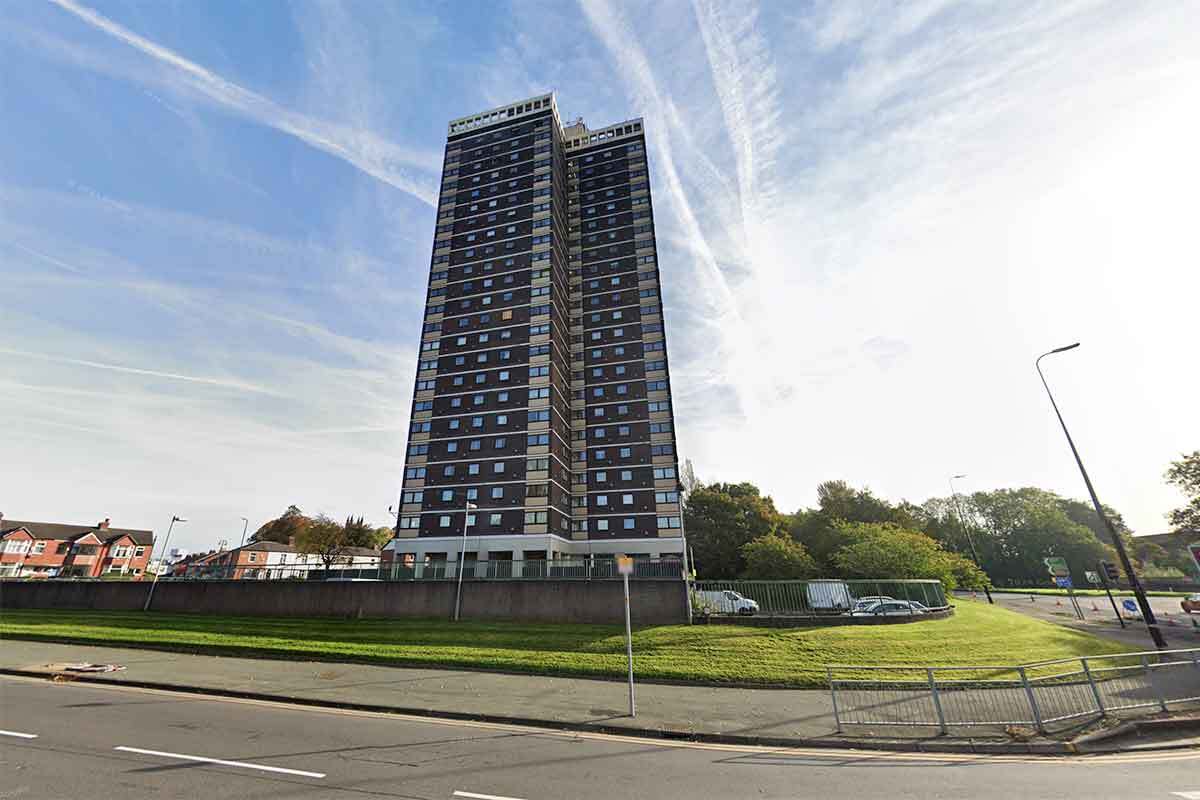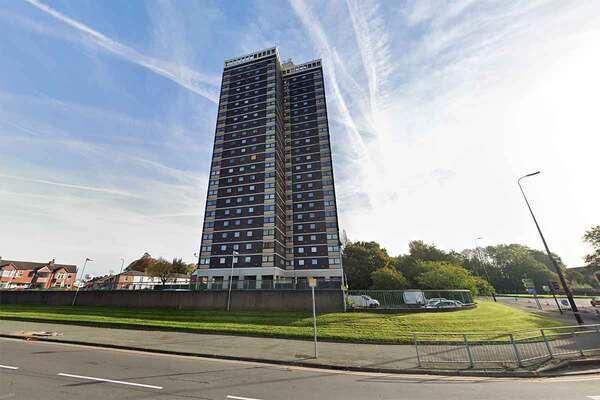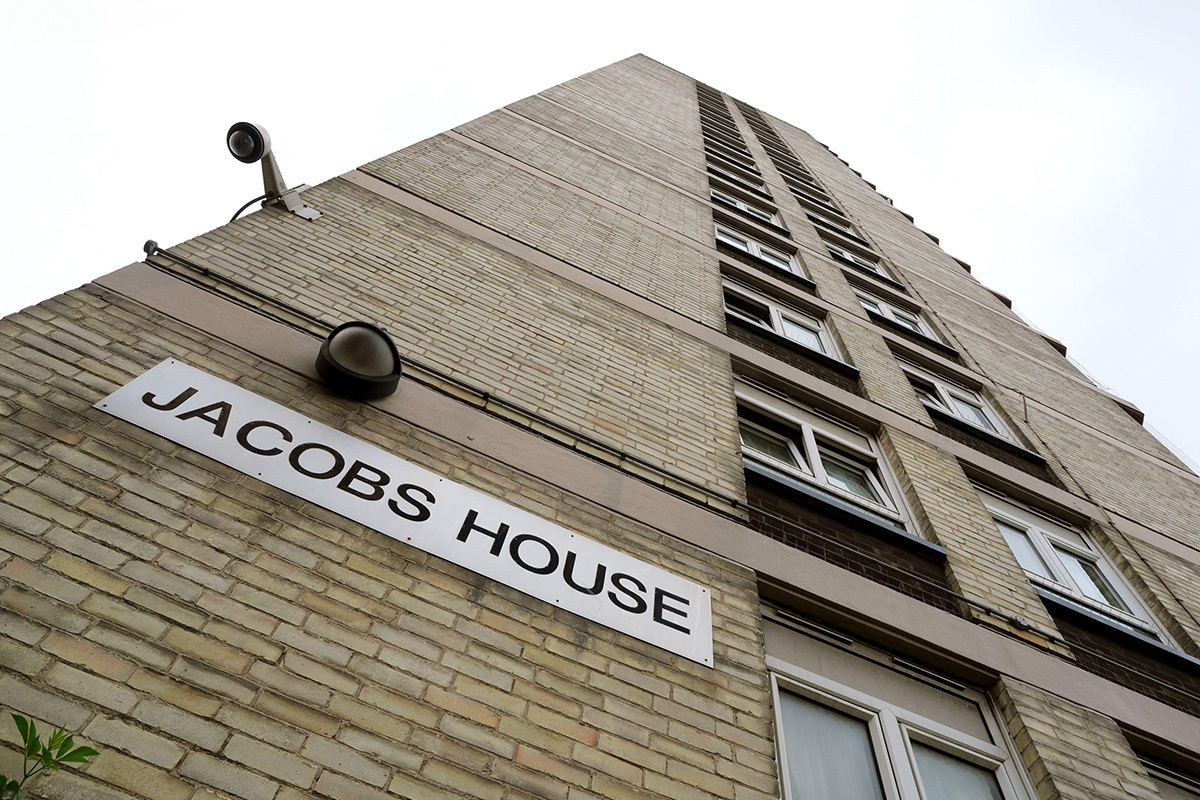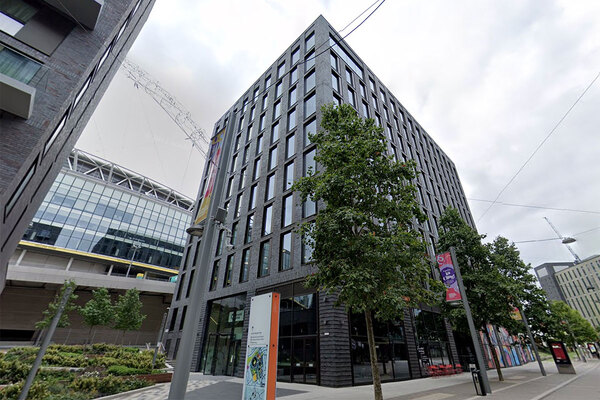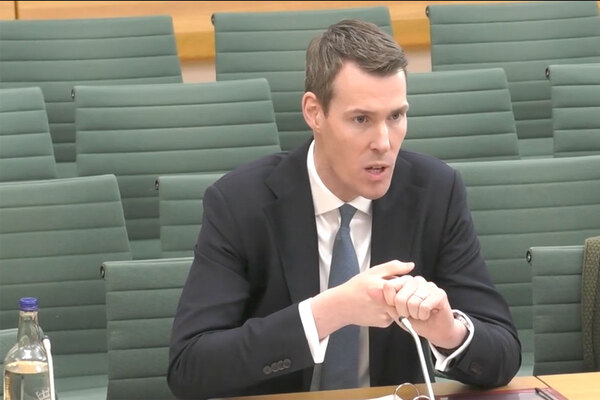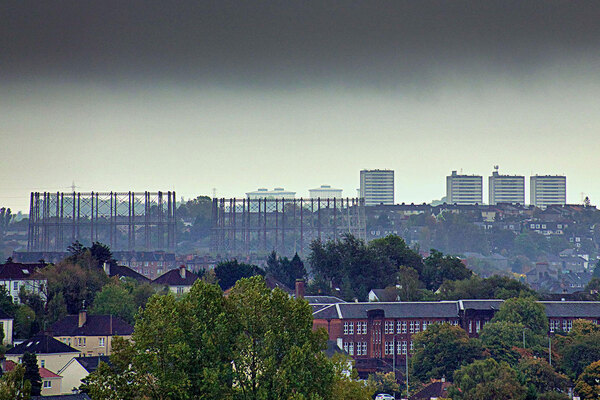Ombudsman writes to landlords with ‘urgent concerns’ about window safety in social housing
The Housing Ombudsman has written an open letter to the sector raising “urgent concerns” about the handling of window-related complaints.
The letter, written by Richard Blakeway and addressed to social landlord chief executives, highlights a “troubling pattern” identified from the watchdog’s recent casework, where residents’ complaints about window disrepair or health and safety issues have “not always been adequately addressed by landlords”.
In one case, a window eventually fell out into the garden below. In others, residents have had their windows boarded up for years.
Inside Housing’s recent analysis looked at how landlords are responding to high-rise window danger.
In April, a coroner issued a warning to the then Department for Levelling Up, Housing and Communities (DLUHC) over guidance for fixed window restrictors following a death in high-rise block
It came after an L&Q resident fell from the open window of his 16th floor flat. In a letter to the former housing secretary Michael Gove, the coroner said that the evidence she heard raised the concern that there is a risk of future deaths unless action is taken.
In May, two children fell to their deaths from the upper floors of two blocks of flats.
The ombudsman’s letter acknowledges that window-related complaints often involve complex issues, ranging from design concerns and prolonged disrepair, and are exacerbated by a lack of funding and historic underinvestment in social housing.
It said many landlords are “focused and proactive” in this area.
However, the watchdog’s investigations also show that landlords have not always responded in a timely way, and sometimes important repairs have been deferred.
Mr Blakeway wrote: “For several months, we have been concerned about the handling of some cases involving windows, and this includes where the resident has raised concerns over health and safety.
“We know this is an area where many landlords are focused and proactive. These complaints can involve a broad set of issues including design as well as disrepair.
“Our casework highlights how this is an area where a lack of funding and historic underinvestment in social housing has contributed to windows which may no longer be fit for purpose.
“Ultimately there needs to be a national conversation about these issues, leading to a new, revised Decent Homes Standard and building the next generation of social housing.
“However, our investigations also show that landlords have not always responded in a timely way, and sometimes important repairs have been deferred.”
The ombudsman’s recent casework has found three main issues. These include landlords failing to consider individual household circumstances during risk assessments, delays in conducting repairs, often postponed due to cost considerations and planned cyclical works, and inadequate communication with residents about the operation and safety of newly installed windows.
To address these issues, the ombudsman plans to publish decisions on window-related complaints shortly. The watchdog said this will support learning and improve future responses.
Mr Blakeway said: “As landlords seek to balance stretched resources, we are seeing the tension grow between repairs or replacement under planned work.
“While we recognise cost is a consideration, too often we are seeing the landlord having insufficient regard to its obligations. For example, in one case we investigated, the landlord attempted repairs to windows in a high-rise building which were unsuccessful, which meant the resident was unable to fully open or close them, but declined further works on the grounds of costs because of future planned works.
“Those planned works were not scheduled for up to three years, severely impacting her family.”
The ombudsman has encouraged all social landlords to review their own window-related complaints proactively. It also urged landlords to implement the following:
-
Conduct thorough risk assessments based on individual household circumstances, ensuring appropriate actions are recognised, responded to and documented
-
Engage independent surveyors and ensure that responses to their recommendations are reasonable, clear and consistent
-
Justify decisions to defer repairs, or opt for limited repairs not primarily on cost but in line with legal obligations.
-
Provide clear, comprehensive and accessible information to residents regarding the operation of new windows
Mr Blakeway said: “I am taking the unusual step of writing an open letter to all social landlords because we are seeing unsafe living conditions, where windows are falling onto the ground or boarded-up for prolonged periods.
“It is becoming routine for me to see cases where repairs to windows are delayed, sometimes for years, because of resources.
“Safe, secure and well-maintained windows are fundamental to a decent home. I know many landlords are being proactive and it is important, given the operational pressures facing the sector, that all are.
“There are clear and consistent failings in our casework and we are committed to working collaboratively with landlords to share lessons to help them meet the needs of residents.
“These issues also underscore the chronic underinvestment in social housing and need for a national conversation, leading to a new, revised Decent Homes Standard alongside building the next generation of social homes.”
A Local Government Association spokesperson said: “Councils are working hard to deliver good outcomes for tenants – despite significant financial constraints – and are committed to improving housing conditions for all residents.
“Ultimately, councils do not want to let their tenants down and want to work with them, the ombudsman and the Regulator of Social Housing to deliver the best possible service.”
Sign up for our asset management newsletter
Already have an account? Click here to manage your newsletters
